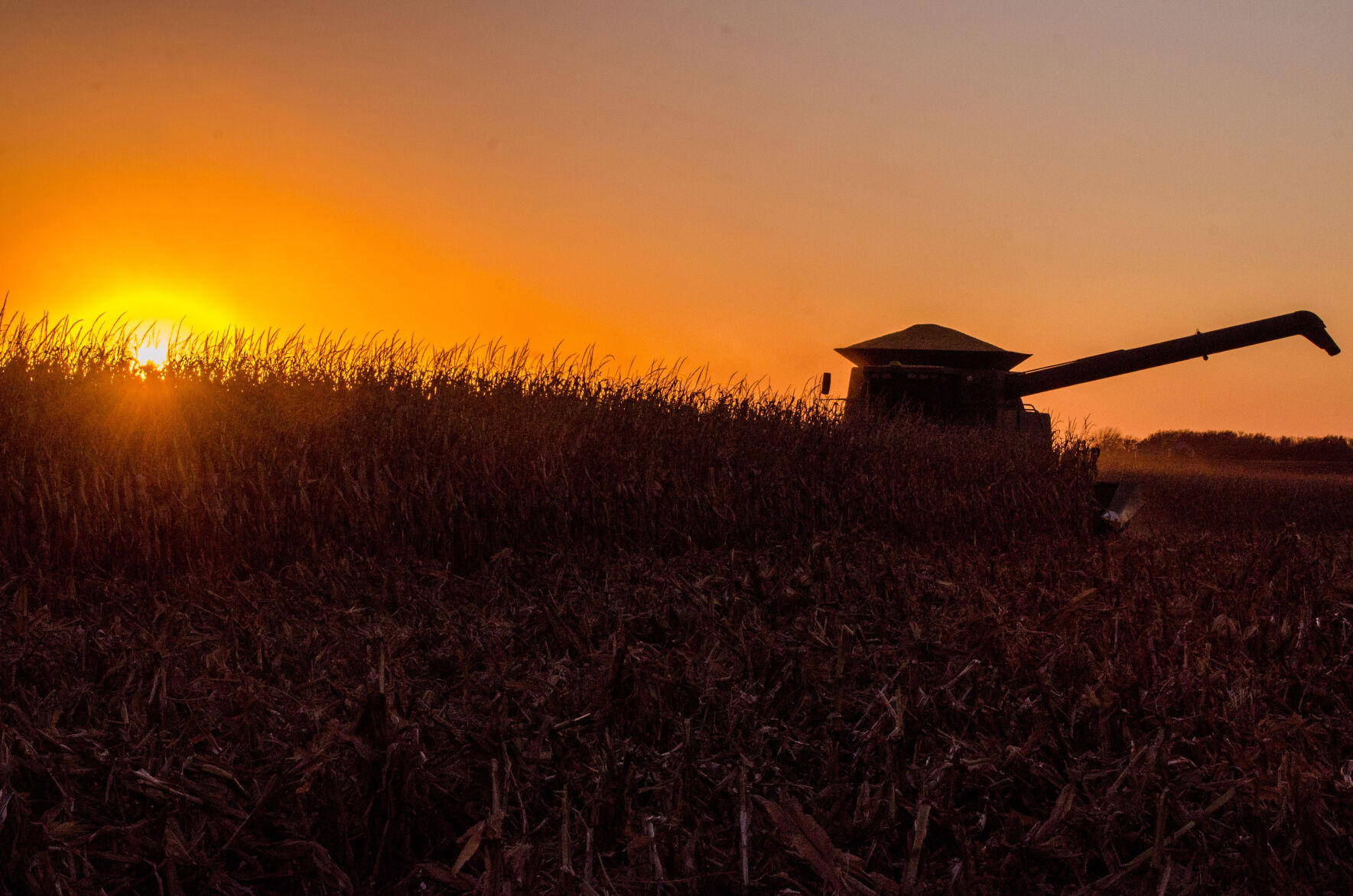The COVID-19 pandemic has cost ethanol producers $3.8 billion in losses due to restricted driving and less ethanol-blend gasoline consumption, according to a report released Dec. 9 by the Renewable Fuels Association.
By April, the low point in both production and consumption of ethanol had fallen by 50% from the previous year. Volumes rebounded from that point but never reached “normal” levels. In the first week of December, consumption of both gasoline and ethanol fell to their lowest points since May, according to data from the Energy Information Administration.
The cumulative decline in ethanol production is estimated to have been 2 billion gallons from March to November 2020. The ethanol industry’s usage of corn has been reduced by 700 million bushels.
As a result, the output of ethanol co-products such as dried distillers’ grains, a high-protein livestock feed ingredient, has fallen proportionately.
Geoff Cooper, president and CEO of the Renewable Fuels Association, said, “As Congress debates another COVID-19 relief package, we implore policymakers to consider the devastating economic impact the pandemic has had on renewable fuel producers. Our new analysis provides an in-depth look at how rural communities have suffered. The decrease in ethanol production has idled or permanently closed plants across the heartland and caused job losses in rural communities where good employment is often hard to find. As an industry deemed critical and essential to America, we call on Congress to act swiftly to provide some targeted relief to our nation’s renewable fuels industry.”
Cooper pointed out that U.S. ethanol plants are also playing a crucial role in combatting the pandemic by producing high-purity alcohol for hand sanitizer and other disinfectants, as well as capturing the carbon dioxide needed to make the dry ice required for distributing COVID-19 vaccines. “But ethanol plants can’t help in the fight against COVID if they can’t keep their doors open,” he warned.
According to RFA Chief Economist Scott Richman, who authored the white paper, the effects of the pandemic will continue for a long time to come.
“Gasoline and ethanol consumption are still substantially below pre-pandemic levels, and it is likely that this will persist for a number of months,” Richman wrote. “Moreover, the winter is typically a time when ethanol prices are weak, and the decline in demand has already started to intensify pressure on industry margins. As a result, the economic impact on the ethanol industry and, in turn, the agriculture sector is likely to deepen in the coming months.”
The latest report is available at https://ethanolrfa.org/wp-content/uploads/2020/12/COVID-19-Economic-Impact-December-2020.pdf.
Additional research on the COVID-19 impact on renewable fuels is available at https://ethanolrfa.org/reports/covid-19/.
David Murray can be reached at [email protected].




